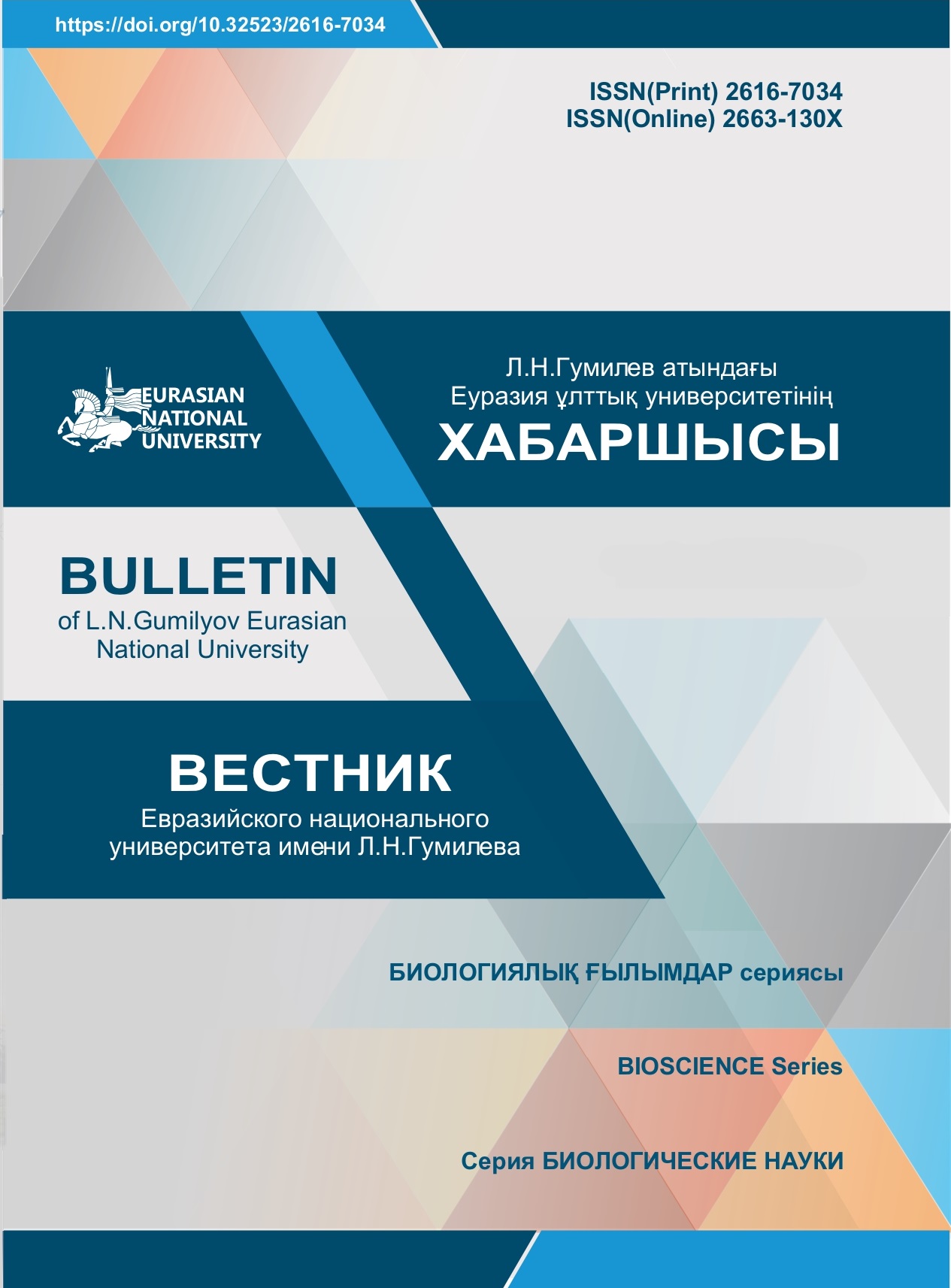Optimization of factors affecting the adaptation and growth of plants in the soil of the rare Malus niedzwetzkyana
Views: 181 / PDF downloads: 163
Keywords:
micropropagation, Malus niedzwetzkyana, peat, fertilizers, SSR markersAbstract
Planting of a decorative and rare species of wild apple Malus niedzwetzkyana is provided for landscaping of cities. To obtain high-quality planting material, there is wide use of the method of micropropagation. In this study, there were optimized the conditions of adaptation and active growth of micro shoots of Malus niedzwetzkyana in the growth room and greenhouse were obtained by micropropagation. For adaptation, rooted micro shoots were planted in soil with different pH. The results showed that neutralized peat with perlite is the optimal condition for the adaptation of micro-shoots, and KNO3 is the optimal solution for irrigation, where the survival rate was 95%. For further growth in greenhouse conditions, 3 types of fertilizers for irrigation were studied such as carbamide (nitrogen), superphosphate (phosphorus), potassium sulfate (potassium).
High survival rate and the greatest increase in all parameters in Malus niedzwetzkyana were obtained by watering with fertilizer with phosphorus. Also, an analysis of the genetic identity between the mother tree and the clones was carried out. SSR analysis using markers Hi04a08, CN444542, Aj000761 showed complete identity between the original tree and the resulting clones. This confirms that micropropagation of Malus niedzwetzkyana is an effective method for obtaining genetically stable, healthy planting material for landscaping.








